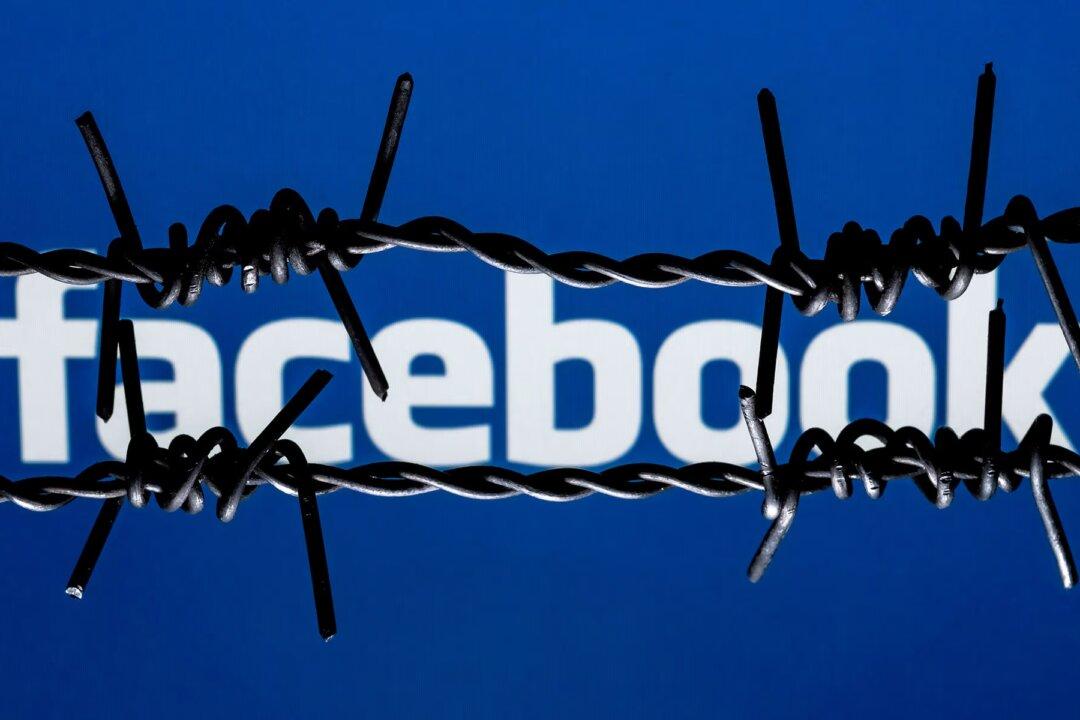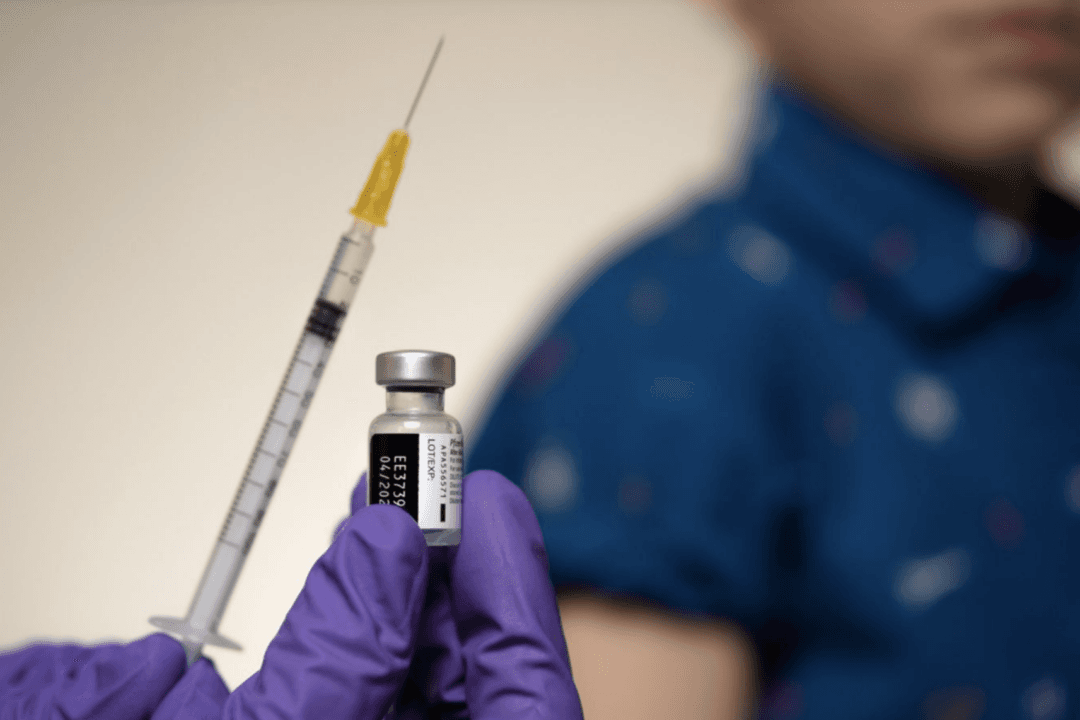Commentary
According to the U.N., lockdowns are responsible for the deaths of hundreds of thousands of children in the Third World. The disruption from school closures is leading to devastating outcomes for children. And as studies already show, lockdowns hardly had any effect on deaths from COVID-19, while they are surely in large part responsible for the spike in excess deaths from other causes.



